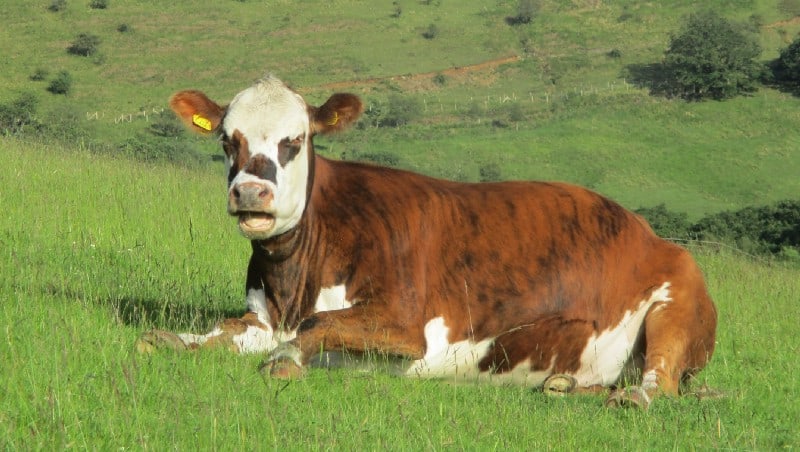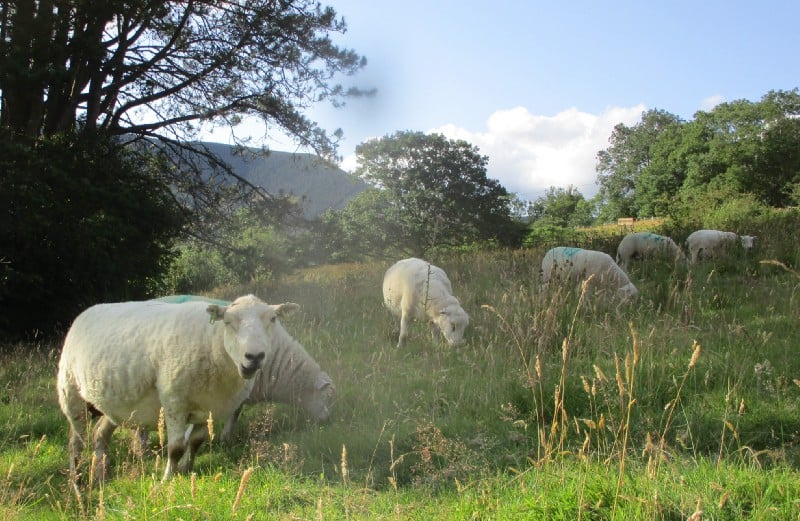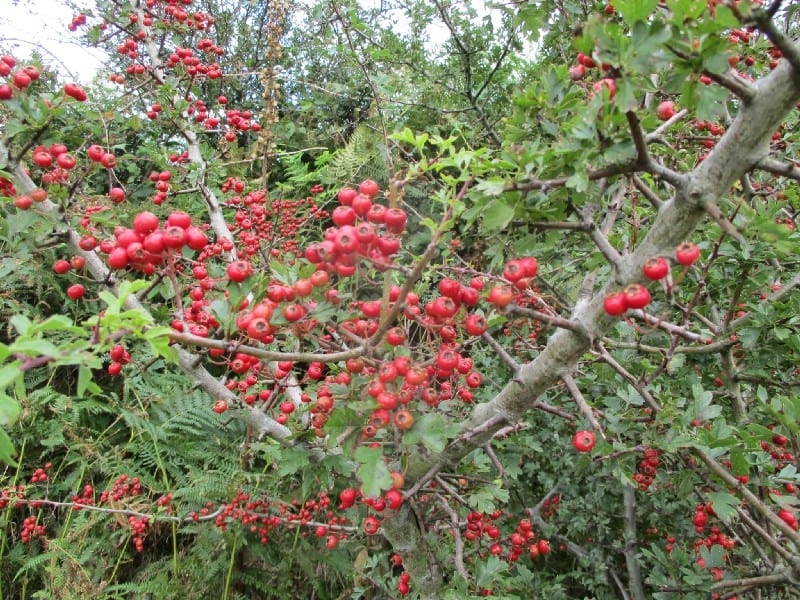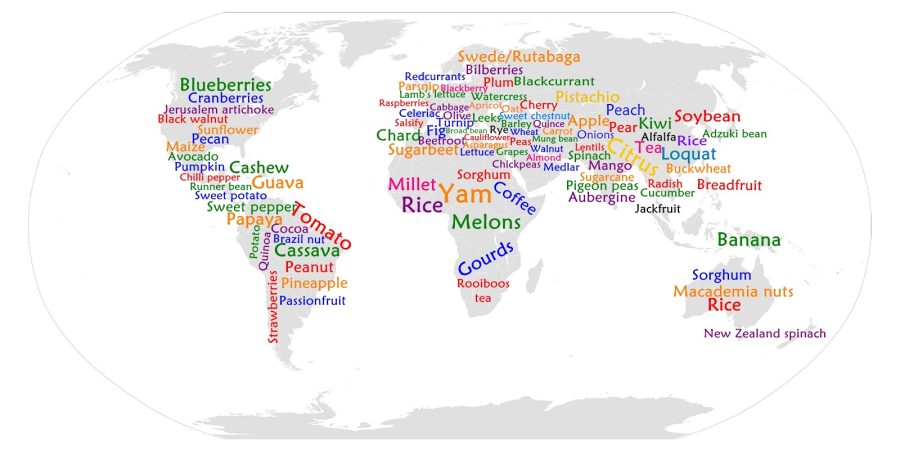Farming, Brexit and Coronavirus…Over recent years, there has been a growing resentment about the subsidies farmers receive. But why do farmers get subsidies anyway?
by Marit Parker

Farm subsidies started with good intentions
There was an urgent need to ensure people had food after the second world war. Rural communities were struggling not only after losing many young men in the war but also due to several years of bad harvests right after the war.
Although farming had not been purely about growing food for your own family for several hundred years, many rural communities were still operating outside the cash economy to a significant extent right up until the war.
Unintentional consequences
Initially subsidies were targeted towards specific crops or produce to reduce dependence on imports. Although it seems sensible to encourage farmers to produce more staple foods, the “quotas” system had some lop-sided results. Was it perhaps headlines in the 80s about “beef mountains” and “butter lakes” that started the resentment towards farmers?
The US also disliked these subsidies because of course they liked Europe’s dependency on imports. One nation’s food security is another nation’s loss of exports: the underlying dilemma when food becomes a commodity.
A major change was eventually made in 2003, when the Single Farm Payment replaced targeted subsidies. Under this scheme, farmers received a set amount depending on how many acres they farmed. However, this meant larger farms were paid more, and not surprisingly led to smaller farms being swallowed up. In places like Wales, which have traditionally been home to small farms and smallholdings, it changed the face of rural communities: villages that used to have several farms and smallholdings and be home to farm workers, shepherds and foresters have become dominated by two or three large farms.
Do farmers like CAP?
This may come as a surprise, but this system has not been popular with farmers. There have been calls for a radical overhaul for some time. Whichever way individual farmers voted in the EU referendum, replacing the Common Agricultural Policy (CAP) with a fairer and simpler system was a major issue. Some saw leaving the EU as the simplest way to change things, while others thought it better to campaign alongside farmers across Europe.
Why don’t we just stop farm subsidies?
Ending subsidies suddenly would cause real hardship: when this was done in New Zealand, many farmers went bust, and suicides rose dramatically.
Even with subsidies, farm incomes are so low that some hill farmers have had to use food banks to feed their families.
How have we got to this state where the very people growing and producing food can’t feed their families?

Supermarkets
Supermarkets have changed how our culture sees food. We have been groomed into becoming consumers. Convenience and special offers matter more than taste, quality and freshness.
Farmers and growers have watched helplessly as supermarkets have driven prices down and down. Low milk prices, for example, means two dairy farms going out of business every week.
It’s also the reason for the introduction of mega-dairies. Economically these may “make sense” but this route usually means farmers going deep into debt, and also means changing completely the way a farm is run.
Austerity
Add to this ten years of austerity. When two wages are barely sufficient to pay the rent, bargain hunting at the supermarket has become a survival strategy.
What’s Brexit got to do with it?
Europe has been an important market for British farmers. Welsh hill farmers in particular have come to depend on selling Welsh lamb to Europe. The farming cycle means planning far ahead, and the fear that markets could disappear with little warning has cast a deep shadow across rural communities.
Farm subsidies came from EU money.
Wales and Scotland had channelled some of this money into agri-environment schemes that were producing measurable results.
As soon as the referendum result was in, agri-environment schemes were immediately cut right back. In Wales, instead of five year contracts, short term funds were introduced. Any work had to be done within three months, and the funding barely covered costs, never mind the skills or labour involved. Being short term, trees for new hedges and woodland had to be bought in, adding significantly to the cost: there was no time for on farm seed collection, or for natural regeneration from self-seeded trees.
A double whammy
As European markets disappear, new trade deals are being made. The US in particular is poised to cash in on the newly-opened markets. Lower standards of animal welfare mean lower prices.
The bottom line is British farmers can’t compete in an open market.
Coronavirus
This new kid on the block is bringing home the importance of local food and food security. Relying on imports means empty shelves — and empty plates — when our complex trade infrastructure is brought to a halt.
People need food. They need it to be available and it must be affordable. To keep us all healthy we need good, nutritious food.
British farmers can provide this. Welfare standards are high in this country and farmers take a pride in their ability to feed the nation, and to feed it well.
It’s time to level the playing field for a fair food system.
It must become easy and affordable to find healthy, nutritious food everywhere, and, at the same time, expensive, difficult or illegal to produce food that harms people and planet.
Sue Pritchard, Director, RSA Food, Farming and Countryside Commission
A fair, well-planned system of subsidies is how the playing field can be levelled.

Putting a price on nature
The current proposals from Westminster are very different. Food is barely mentioned in the Agriculture Bill: the focus is on preserving the countryside, a “public good”, through paying for “ecosystem services”.
This means paying farmers to ensure certain aspects of nature are safeguarded. The problem is this is done by putting a price on different aspects of nature. And once a particular species or habitat has a price tag, we can decide we can’t afford it: we’d rather send the money on something else.
Focussing on specific aspects of an ecosystem, such as a particular bird or moth, mean we lose sight of the whole picture. Restoring habitat for bees doesn’t help if spraying pesticides nearby kills them.
The countryside as we know it has been formed through farming. Hedges, meadows and moorland exist because livestock graze there. Habitats and ecosystems are damaged or lost through both under- and over-grazing, so the simplest way to ensure the countryside is cared for is to ensure farmers are paid fair prices.
A fair system
The RSA Food Farming and Countryside Commission’s report, Our Future in the Land, proposes a ten year transition to sustainable agroecological farming. During this transition period they recommend that farmers receive a straightforward payment:
If all farmers received £500 per hectare for their first five hectares, and £20 per hectare thereafter, the estimated cost across the UK would be £840m per year, about a third of the current CAP budget.
Introducing this as a matter of urgency will ensure we don’t lose farmers and their valuable skills and knowledge.
Feed me!
We all need food.
We need to eat to survive. We can’t wait months for imports: we need food every day. The nearer we are to where food is grown, the more reliable it is as a source. Food grown locally doesn’t rely on complex transport systems.
Good fresh food can help boost our immune systems. Food grown nearby doesn’t spend days or weeks in a container, losing vitamins en route.
But food is more than just staying alive: our lives revolve around mealtimes. Enjoying tasty, nutritious meals is an important part of reducing stress and staying positive, especially during isolation.
Even with ketchup, those loo rolls just aren’t that tasty…



